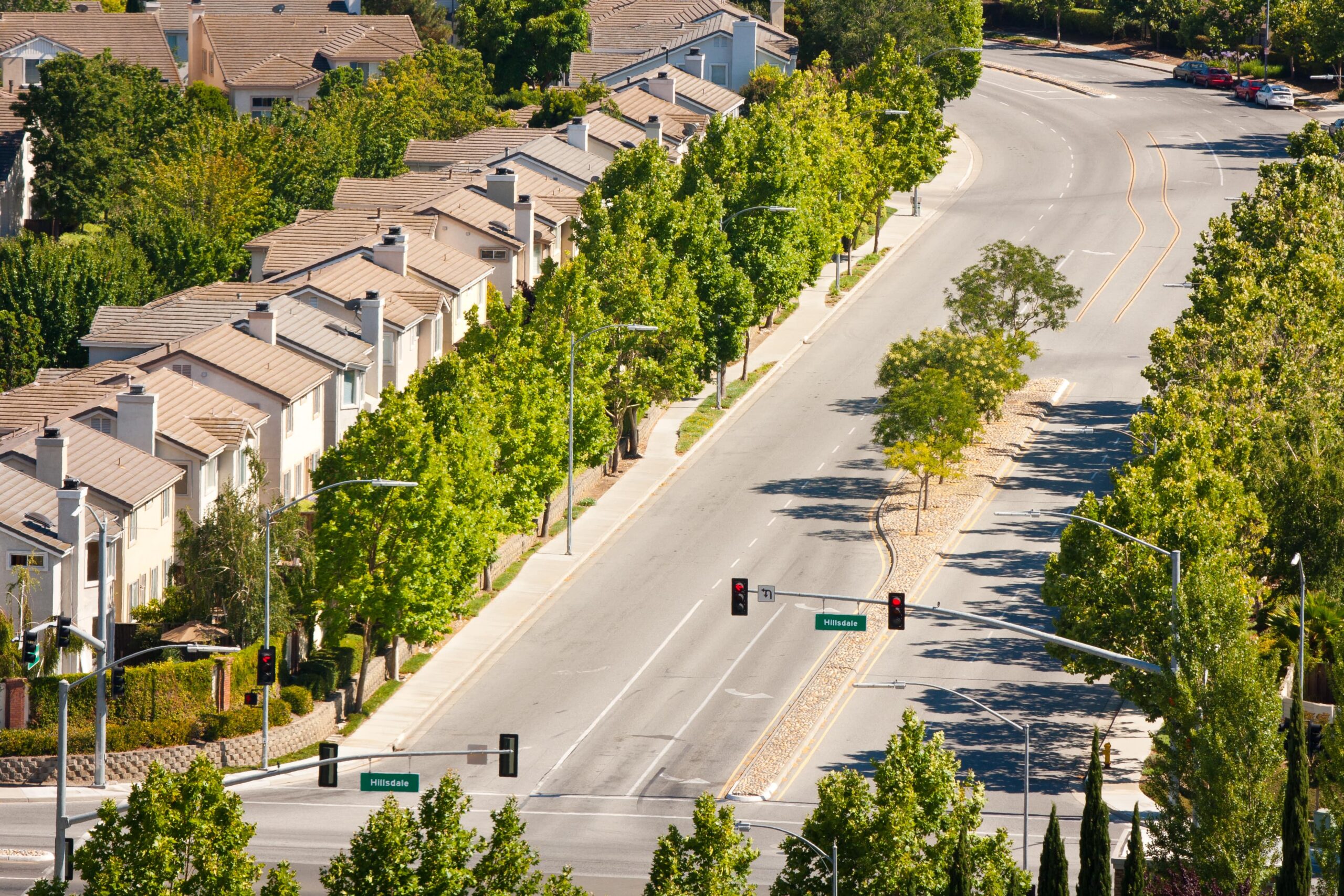Sustainability is no longer a niche concept — it’s a responsibility shared by individuals and communities alike. Homeowners Associations (HOAs) have a unique opportunity to lead the charge toward a greener future by implementing sustainable practices within their communities.
From energy-efficient infrastructure to responsible waste management, HOAs can make a significant impact on the environment while enhancing the quality of life for residents. This blog post explores practical steps HOAs can take to embrace sustainability and create more eco-friendly communities.
Why Sustainability Matters for HOAs
Embracing sustainability offers numerous benefits for HOAs:
Environmental Responsibility. Reduce your community’s carbon footprint and contribute to a healthier planet.
Cost Savings. Lower utility bills and operational costs through energy and water efficiency.
Property Values. Eco-friendly features and sustainable practices can enhance the desirability and value of homes in the community.
Improved Resident Health and Well-Being. Create a healthier and more enjoyable living environment for residents.
Community Engagement. Foster a sense of shared purpose and community spirit through collective efforts towards sustainability.
Positive Reputation. Enhance the community’s image and attract environmentally conscious residents.
Implementing Sustainable Practices in Your HOA
Here are some key areas where HOAs can implement sustainable practices:
1. Energy Efficiency
- Upgrade Lighting: Switch to energy-efficient LED lighting in common areas and encourage residents to do the same in their homes.
- Install Solar Panels: Explore the feasibility of installing solar panels on community buildings or individual homes to generate clean energy.
- Improve Insulation: Ensure proper insulation in community buildings and encourage residents to improve insulation in their homes to reduce energy consumption.
- Promote Energy-Efficient Appliances: Encourage residents to use energy-efficient appliances and provide information on rebates and incentives.
- Implement Smart Home Technology: Utilize smart thermostats and other technologies to optimize energy usage in common areas and individual homes.
2. Water Conservation
- Install Water-Efficient Fixtures: Replace outdated fixtures with low-flow toilets, showerheads, and faucets in common areas and encourage residents to do the same.
- Implement Drought-Tolerant Landscaping: Choose native plants and drought-tolerant landscaping to reduce water consumption.
- Install Smart Irrigation Systems: Utilize smart irrigation systems that adjust watering schedules based on weather conditions.
- Repair Leaks Promptly: Address any water leaks in common areas and encourage residents to do the same in their homes.
- Educate Residents on Water Conservation: Provide tips and resources on water conservation practices.
3. Waste Reduction and Recycling
- Establish a Comprehensive Recycling Program: Provide clear guidelines and convenient access to recycling bins for various materials.
- Promote Composting: Encourage residents to compost food scraps and yard waste to reduce landfill waste.
- Reduce Paper Usage: Transition to digital communication and document management whenever possible.
- Organize Community Cleanup Events: Engage residents in regular cleanup events to maintain a clean and sustainable environment.
- Partner with Local Organizations: Collaborate with local recycling centers and environmental organizations for educational programs and waste reduction initiatives.
4. Sustainable Landscaping
- Choose Native Plants: Opt for native plants that require less water and maintenance.
- Reduce Pesticide and Fertilizer Use: Minimize the use of harmful chemicals and explore organic alternatives.
- Create Green Spaces: Preserve and enhance green spaces within the community to promote biodiversity and improve air quality.
- Implement Rainwater Harvesting: Collect rainwater for irrigation purposes to conserve water resources.
- Encourage Sustainable Gardening Practices: Educate residents on sustainable gardening techniques, such as composting and xeriscaping.
5. Community Engagement and Education
- Sustainability Workshops: Organize workshops and seminars on various sustainability topics, such as energy efficiency, water conservation, and waste reduction.
- Sustainability Committee: Involve residents in planning and implementing sustainability initiatives.
- Communicate Regularly: Share information about sustainability programs and progress through newsletters, community meetings, and online platforms.
- Recognize and Reward Sustainable Practices: Acknowledge and reward residents who actively participate in sustainability efforts.
- Lead by Example: Implement sustainable practices in HOA operations and common areas to demonstrate commitment.
FAQs about Sustainable Practices in HOAs
Q: How can HOAs fund sustainability initiatives?
HOAs can explore various funding options, such as incorporating sustainability costs into annual budgets, applying for grants, seeking sponsorships from local businesses, or establishing a dedicated sustainability fund.
Q: Can HOAs mandate sustainable practices for residents?
While HOAs can encourage and incentivize sustainable practices, mandating them may require amending governing documents and ensuring compliance with local laws. It’s essential to consult with legal counsel before implementing any mandatory rules.
Q: What are some simple steps residents can take to contribute to sustainability in their HOA?
Residents can adopt various sustainable practices, such as reducing energy and water consumption, recycling, composting, using eco-friendly products, and participating in community sustainability initiatives.
Q: How can HOAs measure the success of their sustainability efforts?
HOAs can track various metrics, such as energy and water consumption, waste reduction rates, resident participation in sustainability programs, and cost savings achieved through sustainable practices.
Q: Where can HOAs find resources and information on sustainable practices?
Numerous resources are available, including government websites, environmental organizations, sustainability consultants, and online communities dedicated to sustainable living.
You Can Rely on Manning and Meyers
Implementing sustainable practices is not only beneficial for the environment but also enhances the quality of life within HOA communities. By taking proactive steps, HOAs can create more eco-friendly, resilient, and desirable places to live. Embracing sustainability is an ongoing journey that requires commitment, collaboration, and continuous improvement.
If your HOA needs guidance on implementing sustainable practices, navigating legal considerations, or developing community-wide initiatives, contact Manning and Meyers today. Our experienced attorneys can provide expert advice and support to help your community thrive sustainably.


